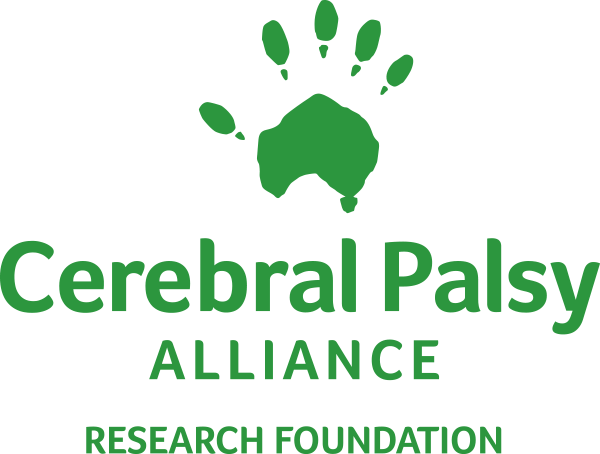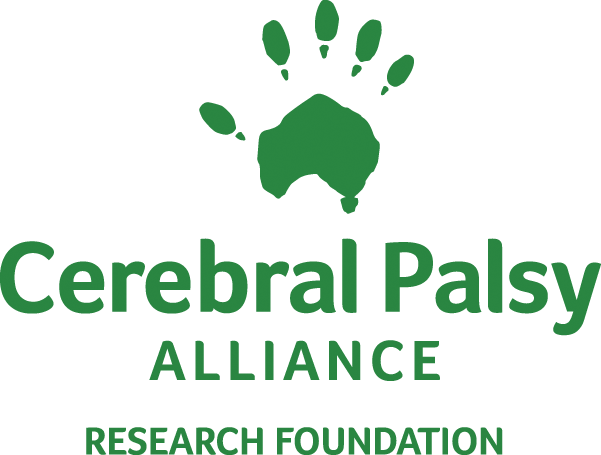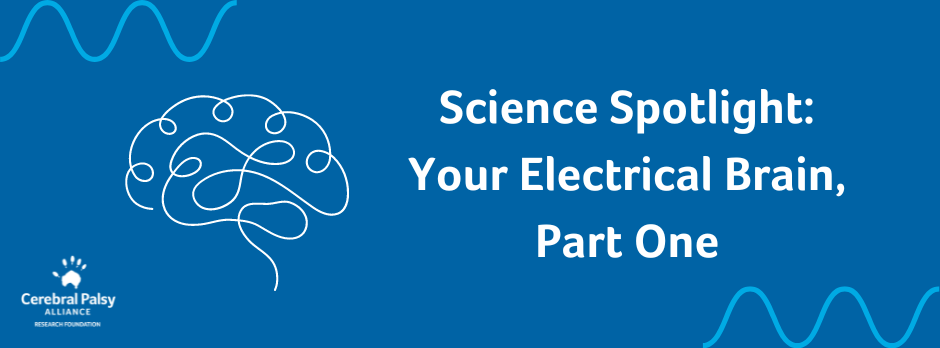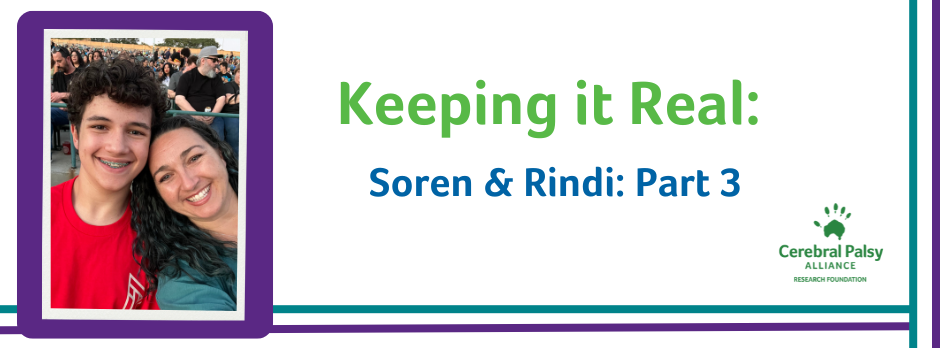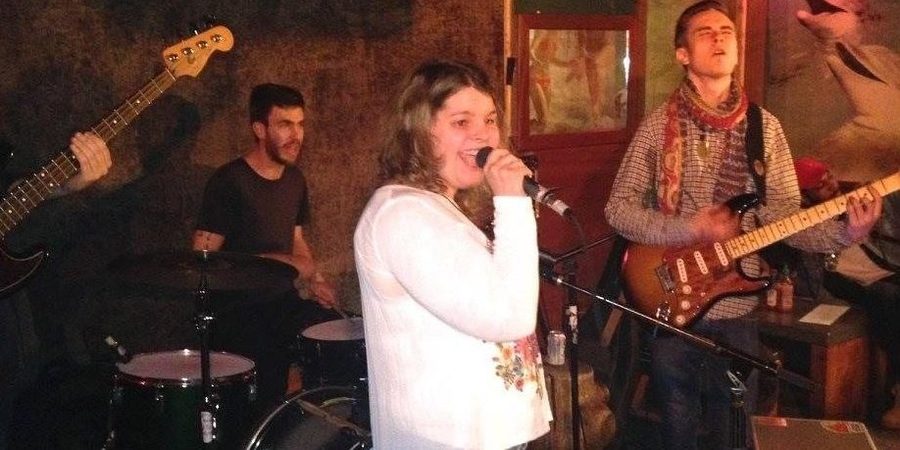
Professor Alistair McEwan looks beyond black and white to find causes of disability and research solutions, using technology, to improve lives. As Ainsworth Chair of Technology and Innovation Alistair works across Cerebral Palsy Alliance and the Grace Centre for Newborn Care (The Children’s Hospital at Westmead), and sits within the Faculty of Engineering and Information Technology at the University of Sydney.
His role focuses on harnessing technology and innovation to accelerate the search for new and improved treatments and interventions for childhood disabilities and illnesses.
Alistair introduces a video series which summarises findings from the San Fran Tech Summit in 2018. Hosted by the Cerebral Palsy Alliance Research Foundation and supported by partners: Nexon Asia Pacific, Veeam and NetApp, this event brought together global thought leaders, including Alistair, who collaborated on the latest research, innovation technology, such as virtual reality, voice recognition and modern software.
San FranTech Summit introduction video
Goals set by the San Francisco Tech Summit
The following goals were set, to be reached by 2021:
- engage five people with cerebral palsy participating in ongoing clinical trials to restore communication
- provide children less than two years of age with access to devices that enhance their mobility
- break down communication barriers by accurately assessing the learning and ability of children and adults with severe complex communication needs.
For more information check out the San Fran Tech Summit video series.
Alistair’s current focus
- Researching the complex causes of cerebral palsy
- Using big data analytics to help predict neurological issues
- Developing implants for improved communication, pain management and reducing spasticity
- Developing exosekeletons to increase mobility for cerebral palsy, stroke and aging
Future projects and goals
Alistair’s future plans are to transform the lives of people with disability through technology. In progress are projects to improve mobility and communication for people living with cerebral palsy. Using the latest available technologies Alistair will investigate how movement can be assisted using bionics, robotics and artificial intelligence to help people with cerebral palsy stay better connected to their communities.
Discover the latest news on technology for disability, research and thought leadership for disability.
Thu 11 Apr 2024
In the first part of our newest Science Spotlight blog, learn how scientists can harness electricity to help with movement disorders that sometimes accompany cerebral palsy.
Thu 04 Apr 2024
Check out the final part of Rindi and Soren’s story.
